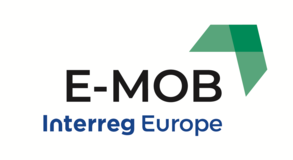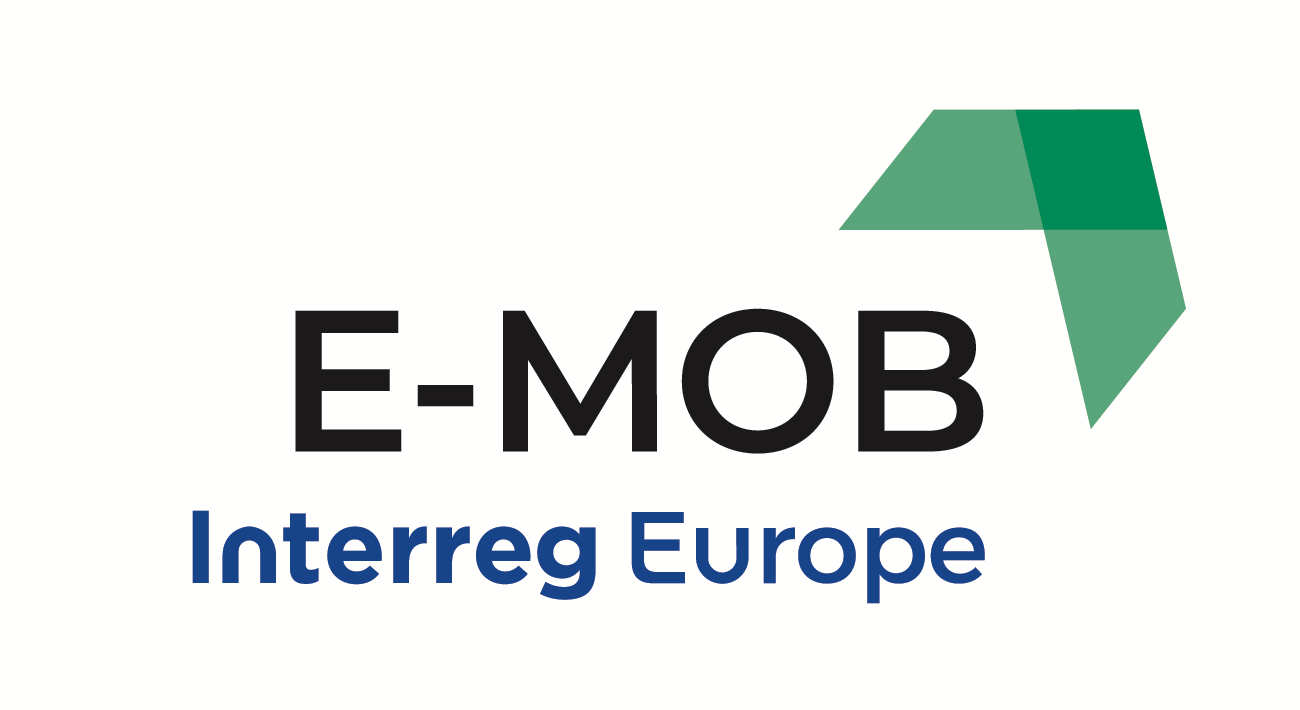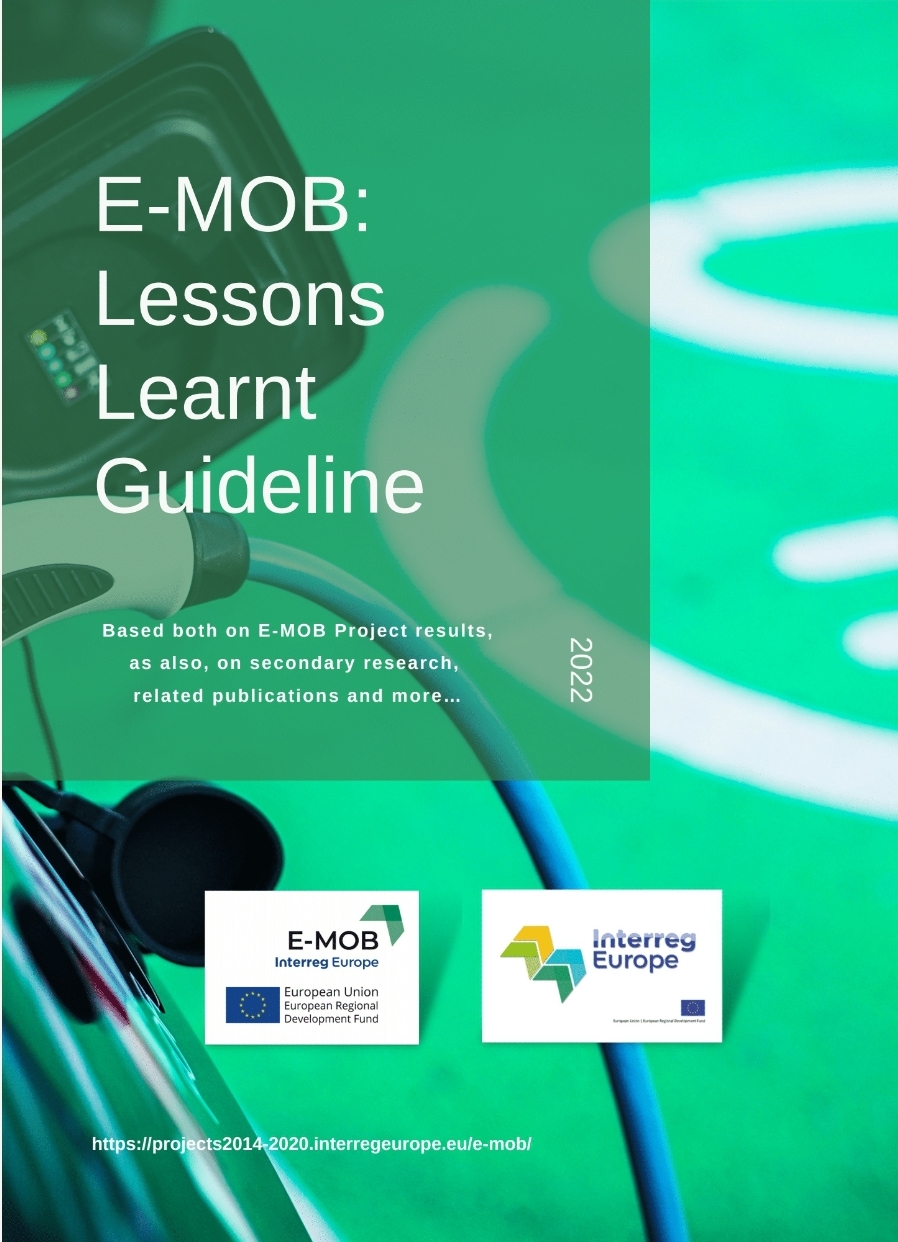1. Tell us something about this institution or company. What does it deal with, what are its values, how many employees do you have, etc?
Paks Transportation Ltd. is a 100% municipally-owned company established in 2020. It aims to provide scheduled local public transport in the town meeting the residents’ and tourists’ needs as well as 21st century environmental standards. It means that it is going to operate alternatively powered fully electric vehicles.
2. Why did your company decide to get involved in the E-MOB project?
Paks Transportation Ltd. was founded to manage local public transportation and carry on the electromobility and urban transport-related projects of Protheus Holding Ltd. So it was self-evident to take over the tasks of the Ltd. in the E-MOB project after a partner change. We are hoping to make ourselves useful for the PP’s by sharing our experiences about our own running projects.
3. Have you participated in any project related to the electromobility in the past?
Given that the company was established in 2020 we have not been involved in any regional or international projects, but our current work could be considered as a significant project so to say.
4. What are your expectations from the E-MOB project?
We would love to see what solutions others find and apply in the field of electromobility. The PP’s can mutually help each others’ work with positive and negative practices as well, they can inspire one another and exchange ideas and experience.
5. What is the situation in your country with the topic of the electromobility?
Electromobility is at an early stage in Hungary. In the field of public transport, it is introduced only in fixed-route transportation (railways and tramways) and the transport by the trolley bus belongs here in the category of rubber-tired transportation.
In the case of non-fixed-route transportation, an electric midibus service was about to be introduced in the capital (in a well-traveled area with narrow streets in the old town), however, there is a doubt concerning the success of the project since the company manufacturing and distributing the vehicles has been closed down. In other towns and cities alternatively powered fully electric public transport has not been implemented yet. In this respect, the area of Paks, the service area of our company might be the first to achieve it.
In Kecskemét the quality of the local public transport service has been improved by purchasing hybrid buses, however, this system does not really count as a valid alternative to the formerly operating diesel-powered vehicles.
In the aspect of other means of transport the rental of electric bikes and rollers is becoming widespread, however, the sustainability of this mode of transport is questionable due to the limited budgets.
Based on the number of newly sold vehicles the popularity of electric cars is expanding which might be a consequence of their increasing drive range. Besides, there is a trend toward developing eco-conscious buying habits, and the opportunities to receive subsidies for these cars might also have had an effect on sales. The insufficient range has been one of the main barriers to the spreading of electric cars and the limited number of charging stations too, though it is an undeniable fact that charging stations have been installed in almost every bigger town during the last period.
6. What challenges do you face with the development of electromobility in your country?
The development of the charging station network poses a major challenge, since setting up a sufficient network indicates that a major upgrade of the electricity grid is essential. As long as this barrier is removed, and the driving range of electric cars approximates the range of cars with combustion engines… well, then maybe these types of alternatively powered vehicles will have more part in our everyday life.






